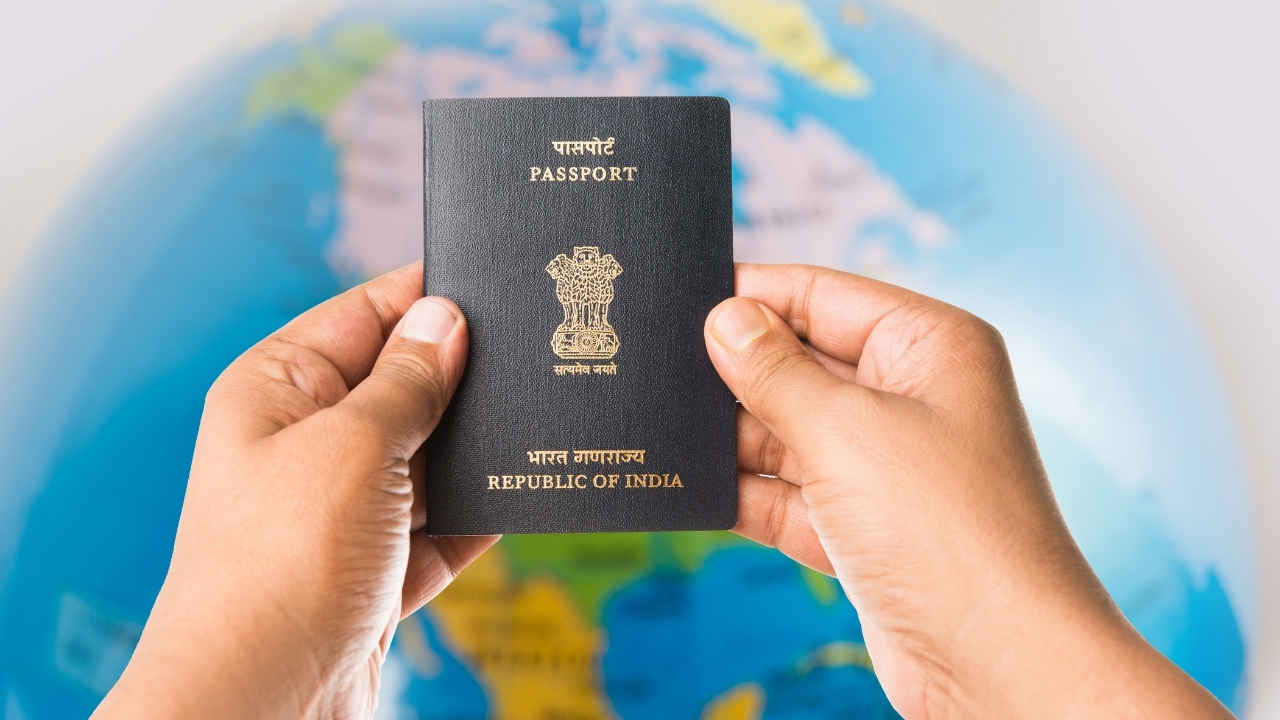Indian e-passports rolling out with embedded chip: How they will work
E-passports feature RFID chips and biometric encryption to prevent tampering.
It will streamline immigration with quicker verification using global security protocols.
Initially available in 12 cities, it is planned to roll out nationwide in coming months.

The Indian government has introduced a chip-based e-passport to enhance security and avoid data duplication. The new passport features an advanced Radio Frequency Identification (RFID) chip integrated into the traditional paper passport. Launched as part of the Passport Seva Programme on April 1, 2024, the e-passports are currently being issued in select cities across the country. According to the Ministry of External Affairs, it will be extended nationwide in the coming months.
 Survey
SurveyAs of now, the regional Passport Offices in Nagpur, Bhubaneswar, Jammu, Goa, Shimla, Raipur, Amritsar, Jaipur, Chennai, Hyderabad, Surat, and Ranchi are authorised to issue e-passports to Indian citizens. Here’s everything you need to know about the newly launched Indian e-Passport.
What is an Indian e-Passport and how does it work?
The newly introduced e-passports will be equipped with an antenna and a Radio Frequency Identification (RFID) chip, integrated into a special inlay on the physical passport booklet. It can be identified from the gold-coloured symbol printed beneath the front cover.
These e-passports will contain the passport holder’s personal and biometric data, including facial images, fingerprints, name, date of birth, and passport number. All of these datas will be encrypted and shielded by global security protocols such as Basic Access Control (BAC), Passive Authentication (PA), and Extended Access Control (EAC). This will not only prevent data from being tampered with, but also speed up the immigration checks and skip manual verification.
Notably, over 120 countries including the United States, Canada, Brazil, Italy, Mexico, France and more have already been using e-passports.
Also read: Apple set to bring these accessibility features later this year
Are e-passports mandatory?
As of now, valid passport holders don’t need to replace their existing passports with e-passports. All government-issued passports will remain valid until their expiry date.
How to apply for an e-passport?
The process for applying for an e-passport is similar to that for a regular passport. All you need to do is complete the application form at the Passport Seva Portal and book an appointment at your nearest Passport Seva Kendra (PSK) or Post Office Passport Seva Kendra (POPSK) for verification.
Himani Jha
Himani Jha is a tech news writer at Digit. Passionate about smartphones and consumer technology, she has contributed to leading publications such as Times Network, Gadgets 360, and Hindustan Times Tech for the past five years. When not immersed in gadgets, she enjoys exploring the vibrant culinary scene, discovering new cafes and restaurants, and indulging in her love for fine literature and timeless music. View Full Profile